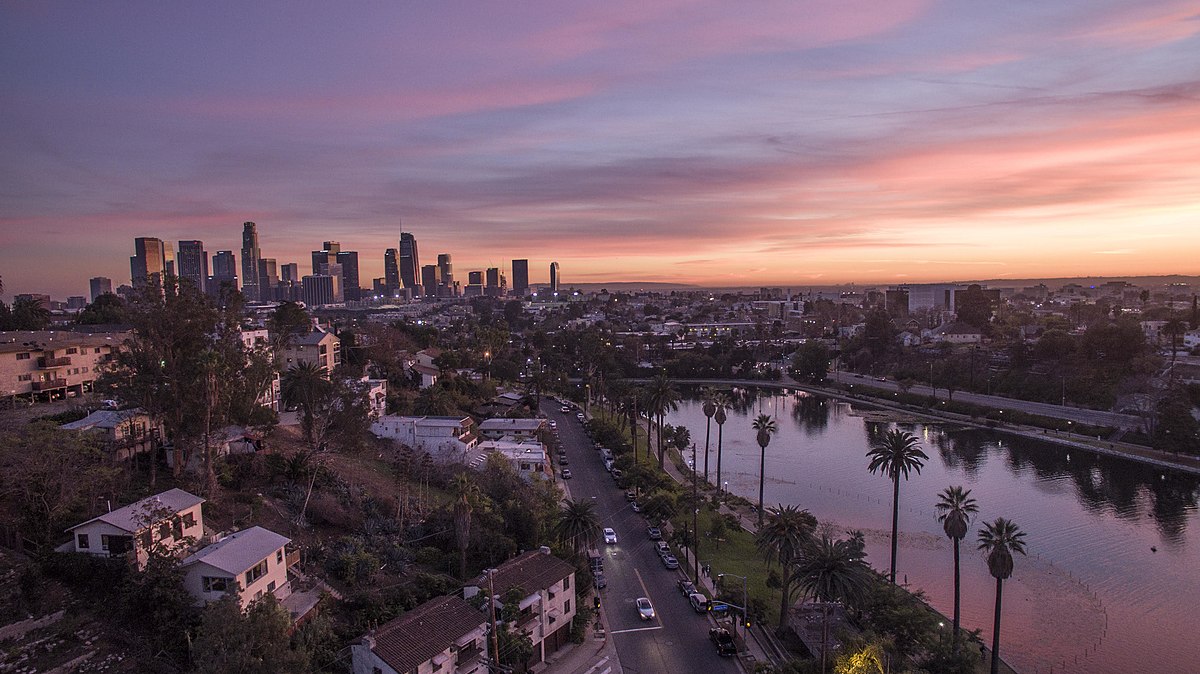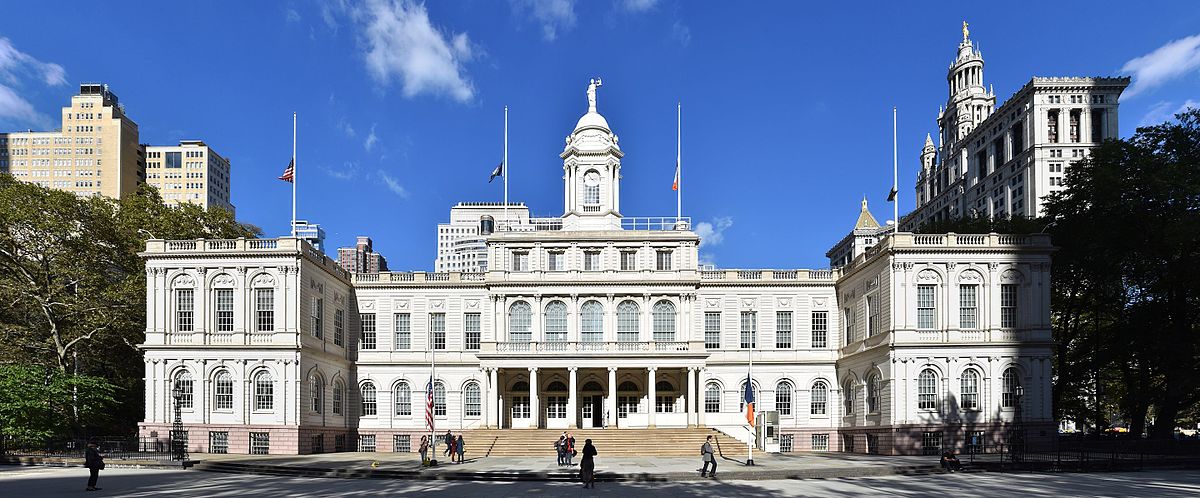Tag: los angeles
-
Six candidates are running for three districts in the Nov. 5 general elections for Los Angeles Unified School district board

Six candidates are running in the Nov. 5, 2024, general elections to represent Districts 1, 3, and 5 on the Los Angeles Unified School District (LAUSD) school board. The candidates advanced from the March 5 primaries because no candidate in their respective races won a majority of the vote. Incumbent Tanya Ortiz Franklin won her…
-
Incumbent George Gascón and Nathan Hochman are running in the general election for Los Angeles County District Attorney

Incumbent George Gascón and Nathan Hochman are running in the general election for Los Angeles County District Attorney on Nov. 5, 2024. Gascón and Hochman were the top two finishers in the nonpartisan primary, receiving 24.4% and 16.4% of the vote, respectively. The two advanced to a general election because neither won more than 50%…
-
Twelve candidates are running in the nonpartisan primary for Los Angeles County District Attorney

Twelve candidates are running in the nonpartisan primary for Los Angeles County District Attorney on March 5, 2024. Five candidates lead in endorsements and local media attention: incumbent George Gascón, Jeff Chemerinsky, Jonathan Hatami, Nathan Hochman, and Eric Siddall. According to LAist, the election is “expected to be closely watched across the country as a barometer…
-
Voters decided 264 local ballot measures in 29 different states in the top 100 largest cities in the U.S. and state capitals

There were 264 local measures in 29 different states within the top 100 largest cities in the U.S. and state capitals. Of the 264 measures, 219 (82.95%) were approved, and 45 (17.05%) were defeated. Eleven (4.16%) were citizen initiatives and 253 (95.83%) were referred to the ballot by city councils, school districts, or other local…
-
Public defender and deputy district attorney advance to runoff for Office 67 of the Superior Court of Los Angeles County

Elizabeth Lashley-Haynes and Fernanda Maria Barreto advanced from a nonpartisan primary for Office 67 of the Superior Court of Los Angeles County after finishing first and second over a third candidate, Ryan Dibble. Lashley-Haynes received 37% of the vote in the June 3 primary followed by Barreto with 36%. Since neither candidate received over 50%…
-
Karen Bass, Rick Caruso advance to general in Los Angeles mayoral election

Karen Bass and Rick Caruso advanced from the nonpartisan primary for mayor of Los Angeles, California, on June 7, 2022. Since neither candidate received more than 50% of the vote, the two will participate in a November 8 general election. Incumbent Mayor Eric Garcetti could not run for re-election due to term limits. Since 1933,…
-
All three candidates for Office 67 on the Superior Court of Los Angeles County complete Ballotpedia’s Candidate Connection Survey

All three candidates in the nonpartisan primary for Office 67 of the Superior Court of Los Angeles County—Fernanda Maria Barreto, Ryan Dibble, and Elizabeth Lashley-Haynes—have submitted Candidate Connection surveys to Ballotpedia. These surveys allow voters to hear directly from candidates about what motivates them on political and personal levels. The race for Office 67 is…
-
Nine candidates running in Los Angeles’ mayoral primary election

Nine candidates are running in the June 7, 2022, primary for mayor of Los Angeles, California. Incumbent Mayor Eric Garcetti (D) could not run for re-election due to term limits. Karen Bass (D) and Rick Caruso (D) have led the field in media coverage and fundraising. Though the election is officially nonpartisan, both candidates are…
-
Prosecutors, public defender running in primary for Office 67 of the Superior Court of Los Angeles county

Three candidates—Fernanda Maria Barreto, Ryan Dibble, and Elizabeth Lashley-Haynes—are running in the nonpartisan primary for Office 67 of the Superior Court of Los Angeles County. The top two vote-getters will advance to the November general election. While the race is officially nonpartisan, meaning candidates will appear on the ballot without party labels, all three candidates…
-
Petitions to recall Los Angeles County District Attorney George Gascón approved for circulation

Petitions to recall George Gascón from his position as the Los Angeles County District Attorney in California were approved for circulation on Jan. 27. To get the recall on the ballot, supporters must collect 566,857 signatures by July 6. Recall supporters served Gascón with a notice of intent to recall on Dec. 7. They said…

